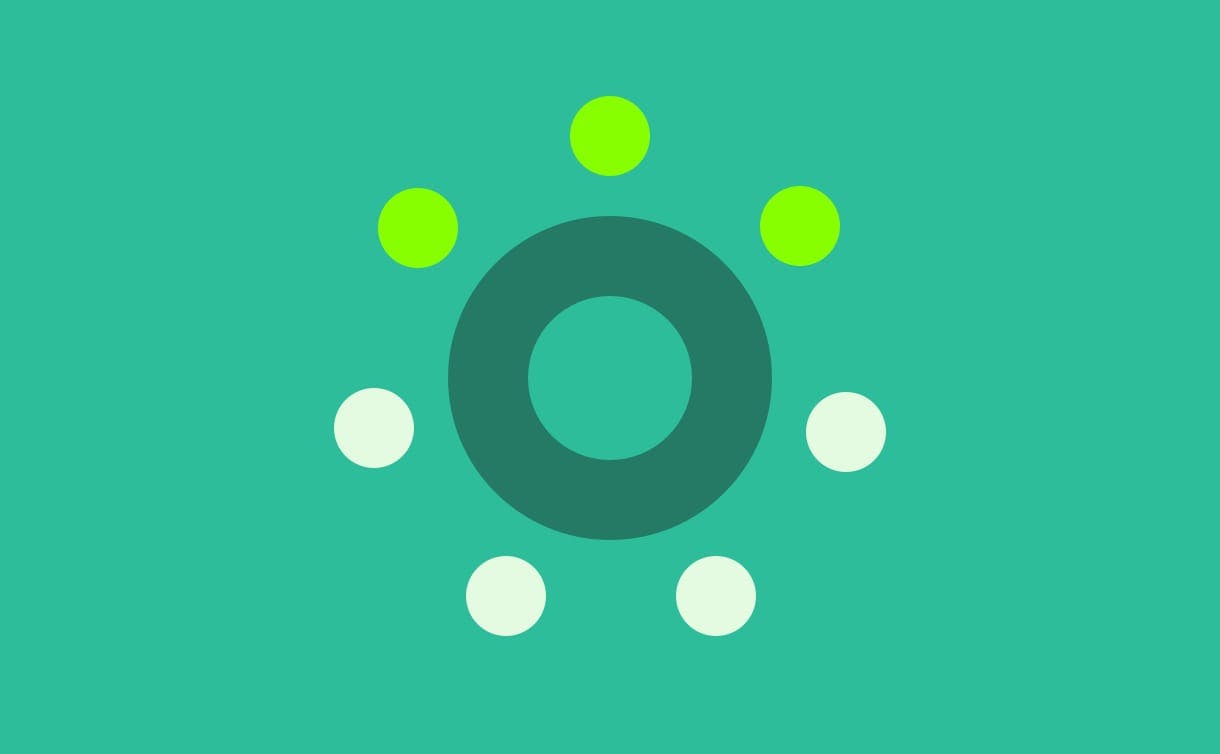

Do you know how healthy your brain is? Our neuroscientist-designed free brain health assessment breaks it down from 1-100, in less than 3 minutes.
Over to Heights Chief Science Officer, Dr Tara Swart to explain how it works:
How do we know how healthy your brain is?
To get a complete brain health assessment in an ideal world, we’d measure both the structure and function of your brain, look at blood flow to the different areas, or create a detailed map to see the different parts and how they are connected. BUT these scans are very expensive, complex, lengthy, and not very practical to do on your daily commute.
Our simple brain health test aims to quickly and easily give an indication of your brain health right now; and is something you’ll be able to revisit after your habits and lifestyle have evolved.
The brain health test score combines both inputs—the daily behaviours that affect your brain health, and outcomes—some self-reported measures of how well your brain has been functioning recently.
The effects of lifestyle on brain health
The brain health test focuses on lifestyle behaviours, since these are within your power to change, and have an influence on neuroplasticity—the brain’s ability to grow and adapt at any age.
Higher scores for the brain health assessment are awarded for:
Healthy food choices
Regular physical movement
Practicing mindfulness
Strong
Good quality sleep
Low alcohol consumption
Not smoking
It’s very difficult to get a precise measure of some lifestyle habits without asking an awful lot of questions. So, we’ve kept things simple by asking you about your satisfaction with things like what you eat, and your sleeping patterns. Of course, it’s possible that you might feel satisfied on a diet of junk food or after 2 hours’ sleep, but we have a hunch that everyone has an inkling of what healthier choices are. It’s putting them into practice that is often the hardest part.
We have also included a few specific, easy-to-measure behaviours which are likely to reap rewards for brain health. Namely, frequent 10+ minute mindfulness practices, regular exercise for 30+ minutes and drinking at least 1.5L water a day.
These are not ‘magic’ numbers. There is no amount of meditation, exercise or water which will guarantee anyone a top notch brain. But research points to more frequent mindfulness practice, exercise and hydration as being beneficial—so the more routine your habits, the higher your scores.
(**If you take prescribed medication or other drugs which are designed to alter brain function, it will be important to consider whether these are influencing your well-being independently of your lifestyle choices, when you compare your scores over time.)
Benefits of better brain health
Your brain helps you to achieve a remarkable array of activities including:
learning and memory
focus and concentration
empathy and emotional control
sensory inputs like touch, vision and hearing
speech
reasoning
fine control of movement.
We could put you through an intensive barrage of intimidating brain health tests to find out about cognitive function, but what matters to most of us on a day to day level is how we feel.
The brain health test score therefore includes aspects of emotional well-being which are amenable to change, have been linked to brain health, and are important outcomes in themselves. These include:
feelings of optimism
focus or lack of distraction (linked to self-control and mindfulness)
general feelings of get up and go (absence of fatigue).
These are all different dimensions of well-being.
Your brain health assessment—according to you
We’ve also included a single, catch-all indicator of health, known as self-rated health. Your personal evaluation of your health has actually been shown to be a more reliable indicator of future health than a doctor’s rating.
Of course, your well-being and brain health can be influenced by a huge number of factors which we’re not measuring, including your genetics, your early life, your environment, long term illnesses and intense situations.
The brain health test score is a quick indicator of feelings and function, and the behaviours in your control which have been shown to influence brain health. Boost your score, and the odds are that you’re boosting your brain.
One way to start that journey is to sign up for our weekly email to have brain-healthy tips and the latest neuroscience know-how delivered to your inbox every Sunday.
As a rough guide, here’s how to understand your brain health test score:
0 - 25 - Mission Critical This is certainly worth being concerned over and we would suggest immediate steps to take control of this.
26 - 50 - Sub Par Your brain health needs some serious attention.
51 - 60 - Average No one’s favourite description, let’s be honest, but it’s also a great base to start from.
61 - 70 - Good There are worse things to be called, and clearly your brain gets a fair amount of attention from your lifestyle, but you can do better. We can help.
71 - 80 - Great You clearly live a healthy life and make conscious decisions to put your brain first. There’s room for improvement, but you can be proud of your starting point.
81 - 90 - Superb Your lifestyle choices reflect a dedicated set of choices to sustaining a healthy, happy and high performing brain. We’re impressed.
91 - 100 Exceptional. Keep this up and you might even win a Pulitzer or Nobel Prize. We salute you!
Take the brain health assessment now to see how your brain is doing.